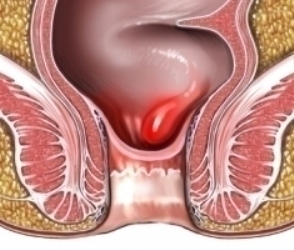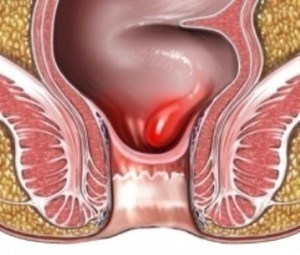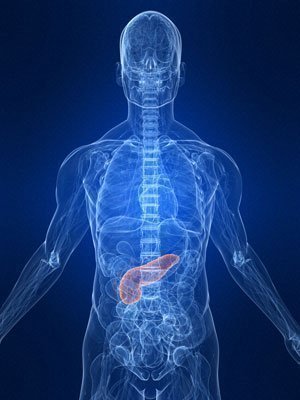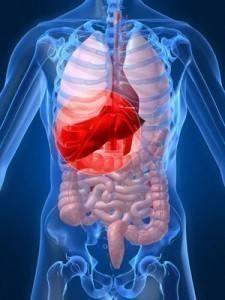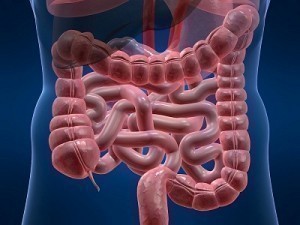Celiac Disease
Celiac disease is an autoimmune disorder that affects the small intestine and may manifest in genetically predisposed individuals of any age. The disease inhibits the proper absorption of nutrients from food. Persons with the disease are unable to digest gluten, rye, barley and protein in weight. Gluten is a fairly common ingredient found in foods but may also be found in vitamins, lip balms and medicines among other things.
Symptoms
The symptoms of the disease will be different in affected individuals. The symptoms may be present in the digestive track or may manifest in other areas of the body. Digestive symptoms are often observed in babies and younger children and may include:
- Pale, exceptionally smelly or fatty stool
- Vomiting
- Chronic or persistent diarrhoea
- Weight loss
- Bloating of the abdomen with accompanying pain
Irritability is another symptom that may occur in children. Because the nutrients from food are not being absorbed sufficiently by the intestine in the years when a child is still growing and developing other issues may arise which may include: delayed growth and short stature, failure to strive, dental enamel defects of the permanent teeth and delayed puberty.
In adults the symptoms will present themselves quite dissimilarly than in children. Adult symptoms may include a combination of the preceding symptoms listed:
- Extreme tiredness or Fatigue
- Amenorrhoea or failure to menstruate regularly
- Tingling numbness in the feet and hands
- An itchy rash that is known as deramtitis herpetiformis
- Depression or anxiety
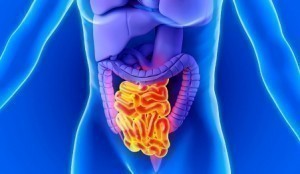
- Anemia caused by an unexplained iron deficiency
- Osteoporosis or bone loss
- Arthritis
- Seizures
- Pain within the bone or joint
- Canker sores within the mouth
- Infertility or inability to carry a child to term (miscarriage)
It is possible for an individual to be affected by the disease and present no symptoms of the disease. However complications can develop over time. The long term complications will comprise conditions such as osteoporosis, miscarriage, malnutrition which may progress into anaemia, cancers of the intestines and liver disease.
Causes
The exact cause of the disease is not known, however the chance of being affected by the disease is said to stem from a hereditary factor or genetic predisposition. An individual is more likely to be afflicted with the disease if they have a parent, sibling or child with the condition. In genetically predisposed individuals environmental factors may alter the small intestines these may include surgery viruses and bacteria. Once these alterations occur in the intestine ingesting gluten will induce an abnormal immune system response which will bring about the disease.
Treatment
There is one treatment available for celiac disease and that is maintaining a gluten free diet. A dietician may be recommended who will be able to advise the patient what to avoid. For most sufferers of the disease symptoms will cease entirely and the intestine will self-repair and function normally. The improvements may be observed within days of starting such a diet. The diet will need to be followed for life and patients must be aware that even eating a small amount of gluten can trigger symptoms of the disease. The diet may not appear to work in some individuals because they may still be indirectly ingesting gluten in products that may be contaminated with small traces of the protein. In rare cases there are individuals that continue to be ill because of the inability of the intestine to heal itself. This condition is known as refractory celiac disease. Nutrients may have to be given to a patient with this condition intravenously because of the inability to digest nutrients normally. Research has been undertaken to identify drugs that may help with this condition.
For more information on Celiac Disease read:


